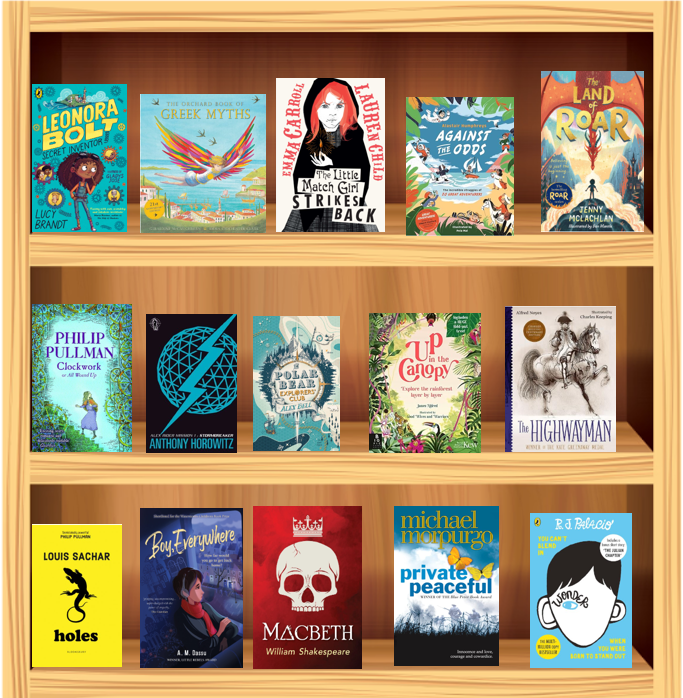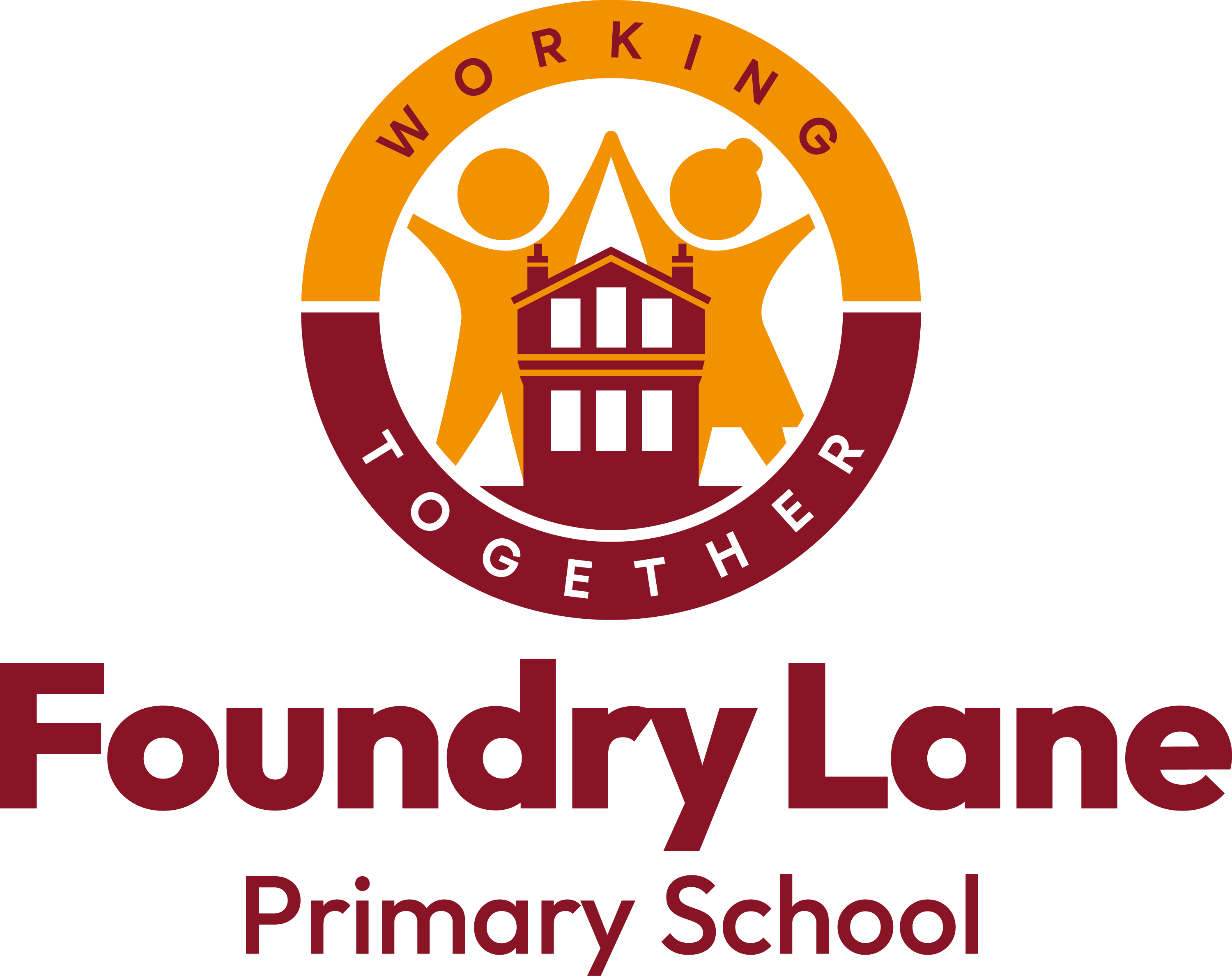English
English curriculum intent
At Foundry Lane Primary School, we have designed the English curriculum with the intent to develop all pupils’ spoken language, reading, writing, grammar, spelling and vocabulary in order for them to become life-long learners, who are able to use the components of the English curriculum creatively and with independence. We understand that a firm understanding of English is the foundation of the entire curriculum and that children who are confident and skilful readers and writers will be empowered to thrive in all other areas.
Foundry Lane places a strong focus on Early Reading. Phonics is taught systematically following the Letters and Sounds phonics programme to equip pupils with excellent phonic knowledge and skills. We adopt a determined and rigorous approach to teach phonic awareness and secure word recognition to ensure that all children have the fluency and automaticity required to access all reading material and to fulfil potential across all areas of the curriculum. The teaching of reading develops pupils’ comprehension skills through a rich and varied range of engaging and high-quality reading material which appeal to all pupils, including reluctant readers. In reading lessons, reading texts are ‘warmed-up’ with knowledge and vocabulary being taught in order for pupils to access reading materials. Teachers model their meta-cognition of reading for meaning, and reading skills are practised. Throughout the school, children will be heard reading individually and in groups to develop reading fluency and accuracy across a wide range of contexts throughout the curriculum. At Foundry Lane, we value the positive impact parents and carers can have with reading, and guidance and support is provided for supporting reading at home. We promote a love of reading and encourage our pupils to be avid readers, who read fluently and widely for both learning and pleasure.
In writing, learning journeys are underpinned by ‘The Write Stuff’ approach, which brings clarity to the mechanics of writing. Writing sessions are organised to engage children with short, intensive moments of learning that they immediately apply to their own writing. The approach ensures that all pupils are exposed to high-quality texts that stimulate quality responses to reading, high-quality writing and purposeful speaking and listening opportunities. Our curriculum ensures that all children have a variety of opportunities to write fluently for different purposes with interesting detail on a number of topics throughout the curriculum. Writing is taught through a number of different strategies including rich speaking and drama activities to develop pupils’ vivid imaginations and the experiences that will equip pupils to become skilful writers. All lessons develop writing skills so that our pupils learn to write with grammatical accuracy and are able to apply spelling patterns correctly. Handwriting sessions, using the Kinetic Letters programme, are taught discretely and embedded into the English lessons.
Throughout the curriculum, there is the expectation that all pupils will have the opportunity to convey their ideas fluently and confidently, to ask questions and develop critical thinking: use of Kagan language structures, engagement strategies within The Write Stuff and Philosophy for Children supports this. We aim to systematically expose our children to a wide range of vocabulary, so that they are able to decipher new words and use them accordingly. Whole school events involving our wider community promote and celebrate the use of spoken language, including class showcases and school productions.
Reading at Foundry Lane
A key element of our teaching of reading at Foundry Lane is the use of our Reading Monsters. These help the children to understand and apply the different reading domains, through the use of characters who help them to practise the skills they need to be successful readers.
At Foundry Lane, we will read:
Years 1, 2 and 3

Years 4, 5 and 6
Reading fluency
Across the school, we are focusing on improving our reading fluency. This relates to how you read - making it engaging for your listener, and supports their understanding of what they've read. The poster below explains more about the different elements of reading fluency.
Reading at home:
We expect children to be reading at home every day. This can be done with an adult or independently. In KS1, they must fill in their Reading Log, and in KS2 they must log their read on Go Read. See the document below for advice about reading with your child.
Key policy documents
-
Recommended Reads
Struggling to find a book your child will enjoy? We recommend you have a look at the Books for Topics website, which is regularly updated with the best new titles for each year group! Or check out Mrs McKeeman's recommendations using the link below!
